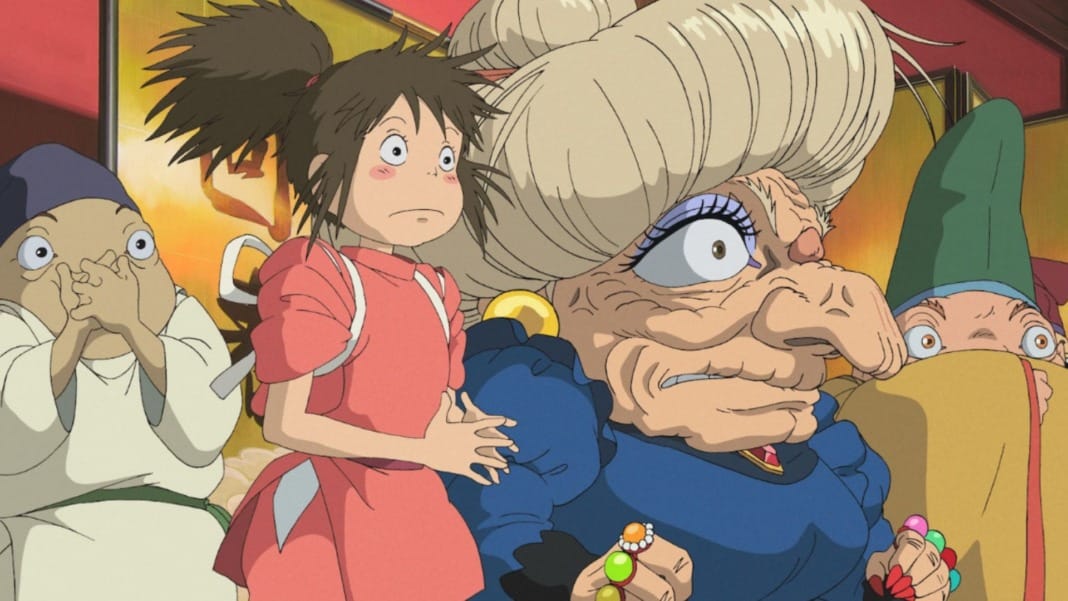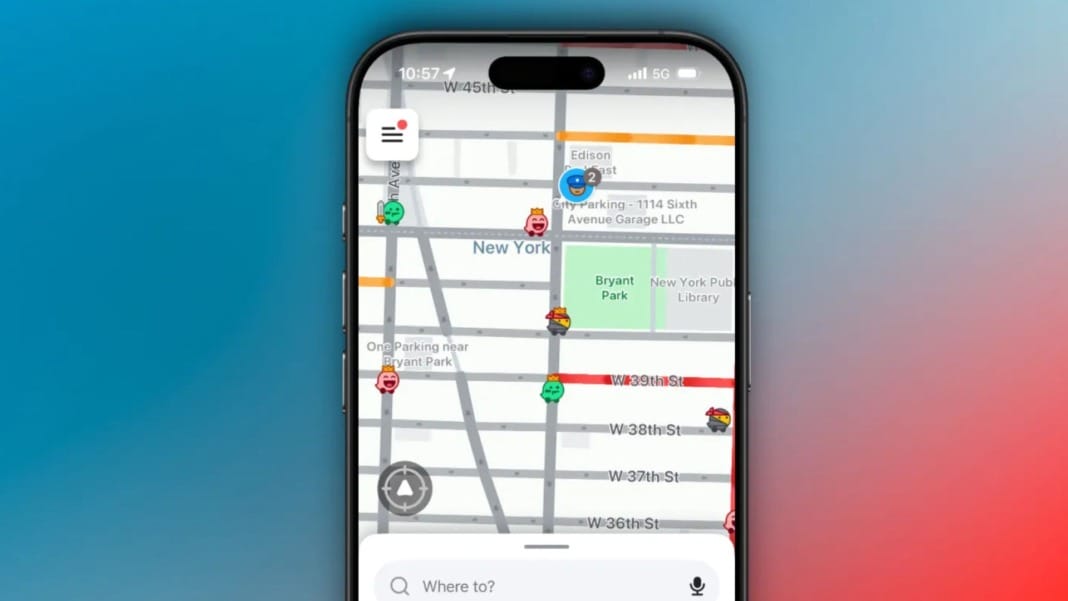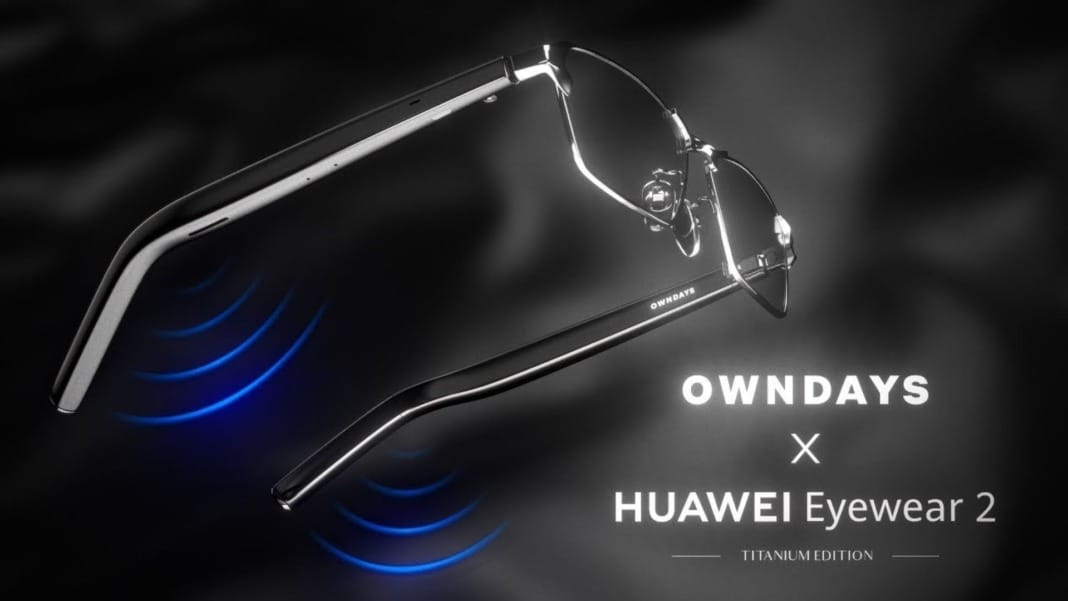Just a day after OpenAI launched its new AI image generator, social media has been flooded with AI-created images mimicking the style of Studio Ghibli. The renowned Japanese animation studio, known for classics like My Neighbor Totoro and Spirited Away, has inspired countless AI-generated artworks shared online.
AI recreations take over social media
In the past 24 hours, people have generated and shared AI-made Studio Ghibli versions of everything from Elon Musk and The Lord of the Rings to former US President Donald Trump. Even OpenAI CEO Sam Altman has joined the trend, making a Ghibli-style AI-generated image his new profile picture. Many users are uploading existing photos into ChatGPT and instructing it to recreate them in various styles, with Studio Ghibli being a favourite.
— Moon Parameter (@ParamMoon) March 26, 2025
This viral wave comes just weeks after Google introduced a similar AI image feature in its Gemini Flash model. In March, Google’s new tool made headlines when users discovered they could remove watermarks from images, sparking further debate about AI ethics and copyright.
With OpenAI and Google now offering advanced AI tools capable of replicating distinct art styles with just a simple text prompt, concerns over copyright infringement have resurfaced. If AI can reproduce a studio’s signature look, does that violate copyright law?
Is OpenAI in legal trouble?
Evan Brown, an intellectual property lawyer at Neal & McDevitt, believes OpenAI operates in a legal grey area. According to him, the style itself is not explicitly protected by copyright law. This means that OpenAI is unlikely to break any rules simply by generating images that resemble Studio Ghibli’s animation style.
However, Brown points out that OpenAI may have trained its AI model using thousands or millions of frames from Studio Ghibli films. If that is the case, the question remains whether training AI on copyrighted material without permission qualifies as fair use. Multiple ongoing court cases address this issue, but no clear legal precedent exists.
“This brings us back to a question we’ve been asking for years,” Brown said. “What are the copyright implications of AI companies scraping the web and storing copyrighted content in their databases?”
Several high-profile lawsuits are currently underway against OpenAI. The New York Times and other publishers have accused the company of using copyrighted content to train its AI models without permission or compensation. Similar allegations have been made against other AI firms, including Meta and Midjourney.
OpenAI’s stance on AI-generated styles
In response to concerns, OpenAI stated that ChatGPT is designed to avoid directly replicating “the style of individual living artists.” However, the company does allow AI to generate images in “broader studio styles.” This raises an interesting debate, as many living artists have played a key role in shaping their studio’s artistic identity. For example, Studio Ghibli’s unique style is closely tied to its co-founder, Hayao Miyazaki.
Beyond Studio Ghibli, users have also tested AI-generated art in other recognisable styles. One example includes a Marc Andreessen portrait in the style of Dr. Seuss. Others have used the technology to reimagine their wedding photos with a Pixar-style makeover.
studio ghibli is out, dr seuss is in pic.twitter.com/4ECxwLLkoj
— Jordi Hays (@jordihays) March 26, 2025
When tested against other leading AI image generators, including those from Google’s Gemini, Elon Musk’s xAI Grok, and Playground.ai, OpenAI’s model produced the most accurate Studio Ghibli-like results.
For now, OpenAI and Google’s advancements in AI image generation are pushing the boundaries of what is possible. The demand for these tools is skyrocketing, with OpenAI even delaying access to its free-tier users due to overwhelming traffic. While the popularity of AI-generated art continues to grow, the legal questions surrounding its use remain unresolved. The final verdict will likely come down to future court rulings.





